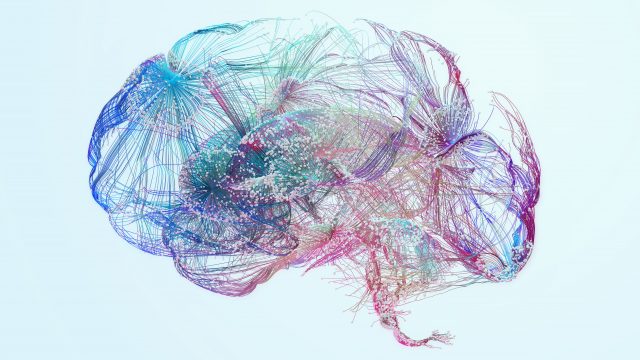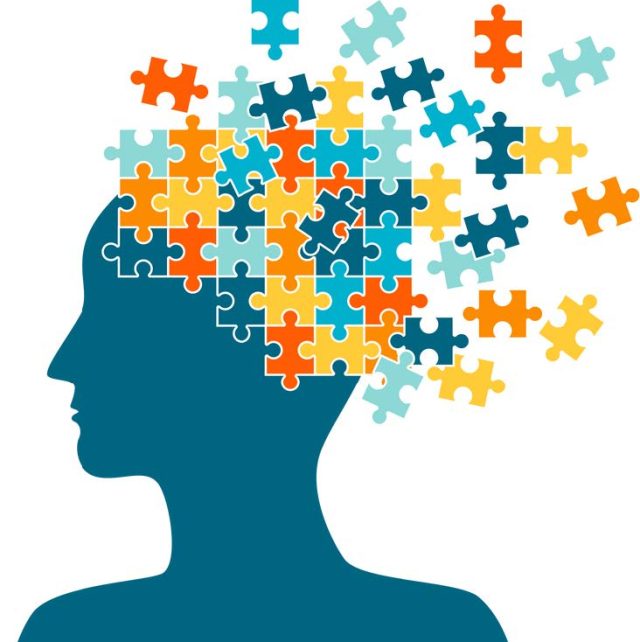““Each child has a story, and we have to listen to that story, and we have to help that child (and that family) construct that story so it starts to make sense”
Dr. Peter Szatmari
What if, instead of providing a blanket treatment for those impacted by brain conditions, healthcare providers were able to go one step further? What if the treatments for brain conditions were formulated by precisely studying the unique genes, health history, environments, and lifestyles of patients? The Ontario Brain Institute (OBI) and partners are moving closer to this reality by considering patients as unique individuals and developing tailored treatments to their needs instead of treating them only according to their diagnosis. The meaning of precision medicine comes from the research and treatment of cancer as it has been very successful within this disease. It relies on two characteristics: new availability of data (whether that be genomic data, protein data, microbiome data, or other) and machine learning to try and identify characteristics of individuals that would indicate whether one specific treatment would be better than another.
Panelist Profiles
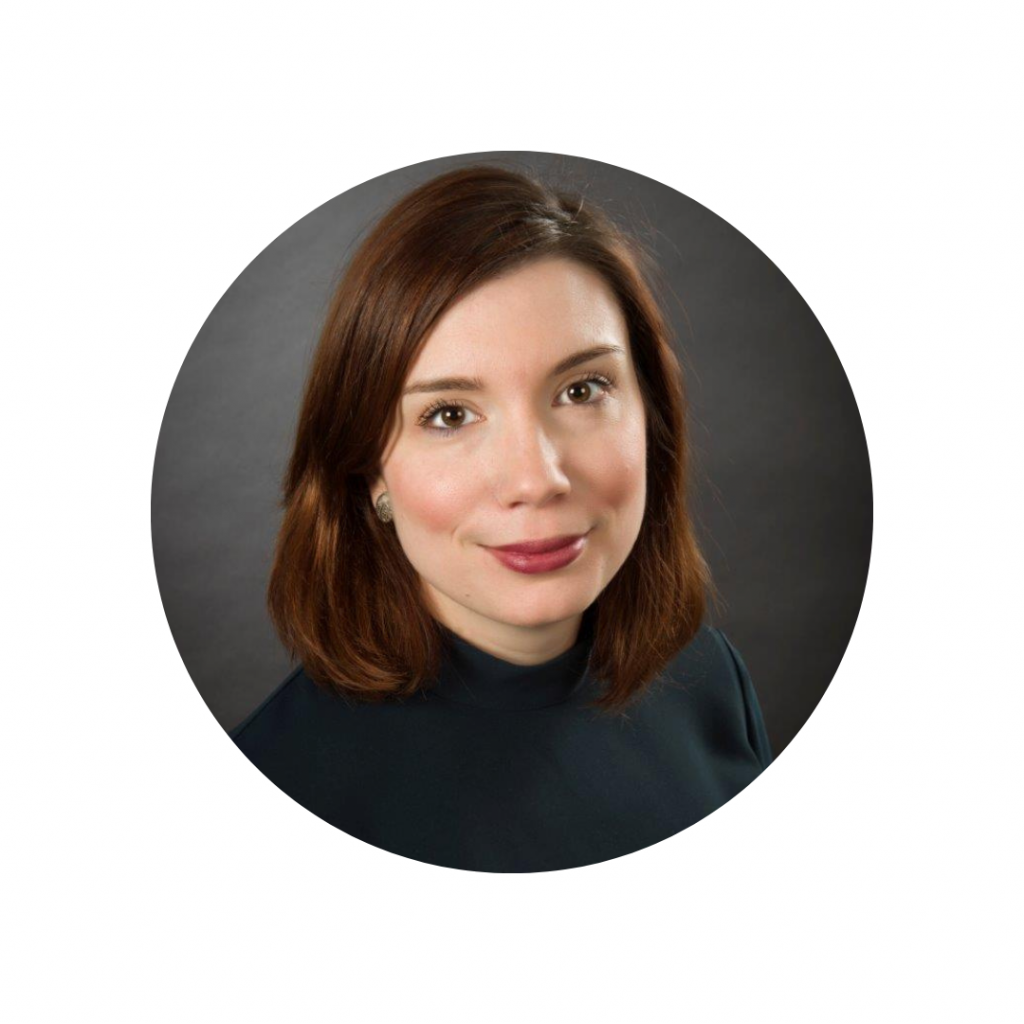
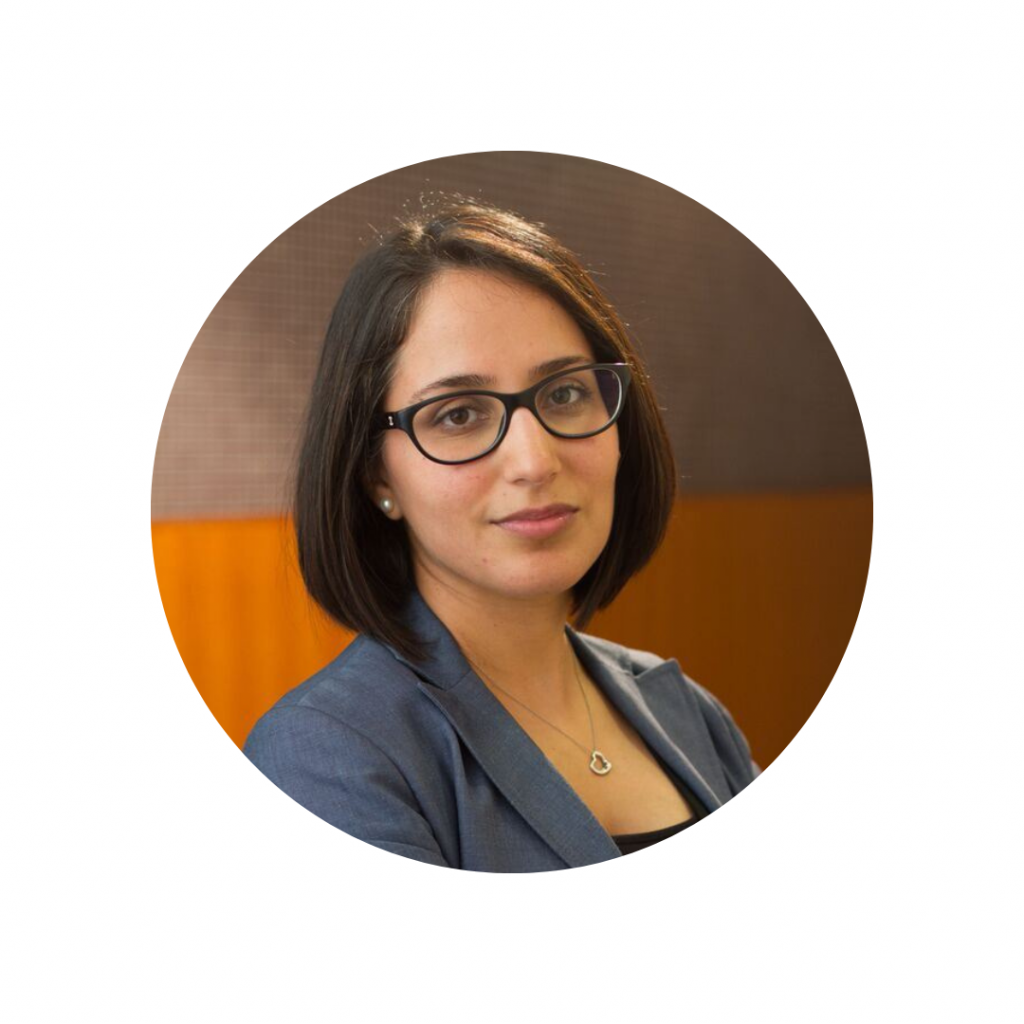
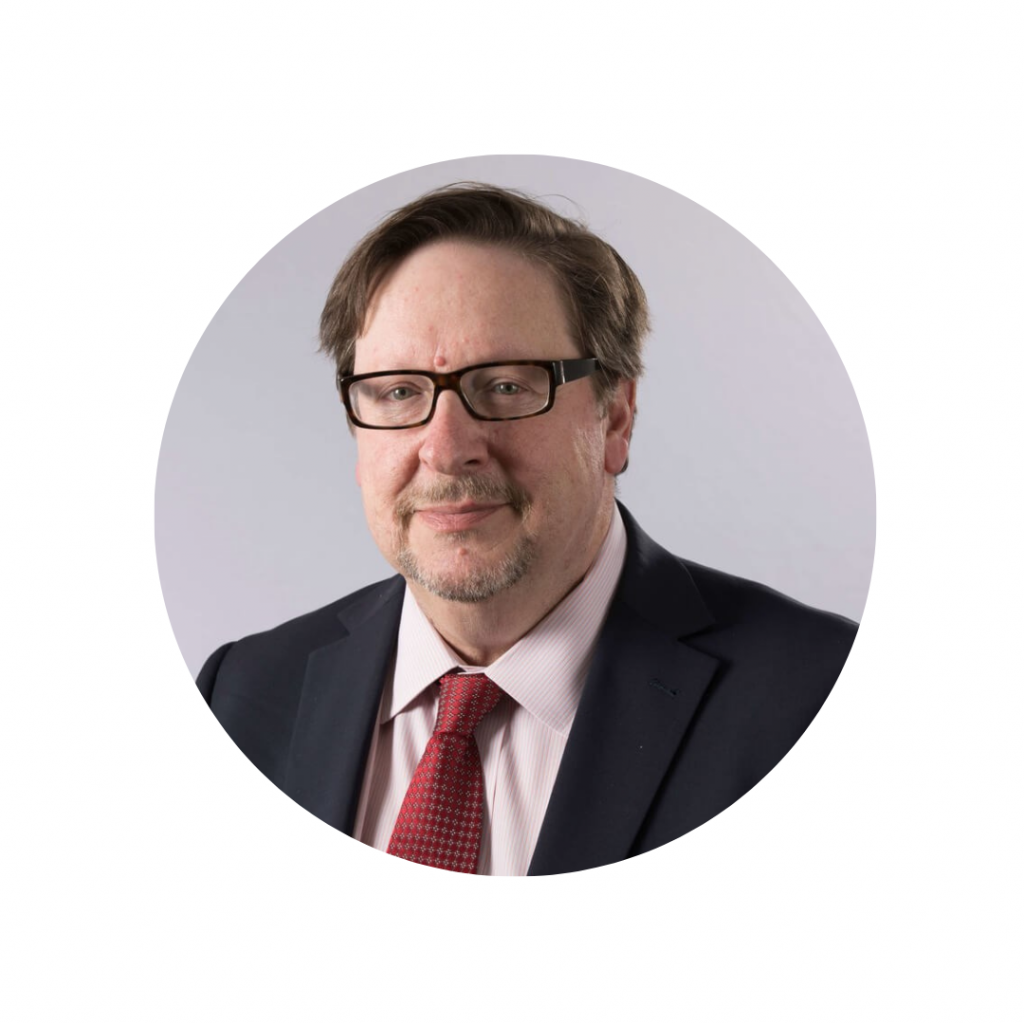
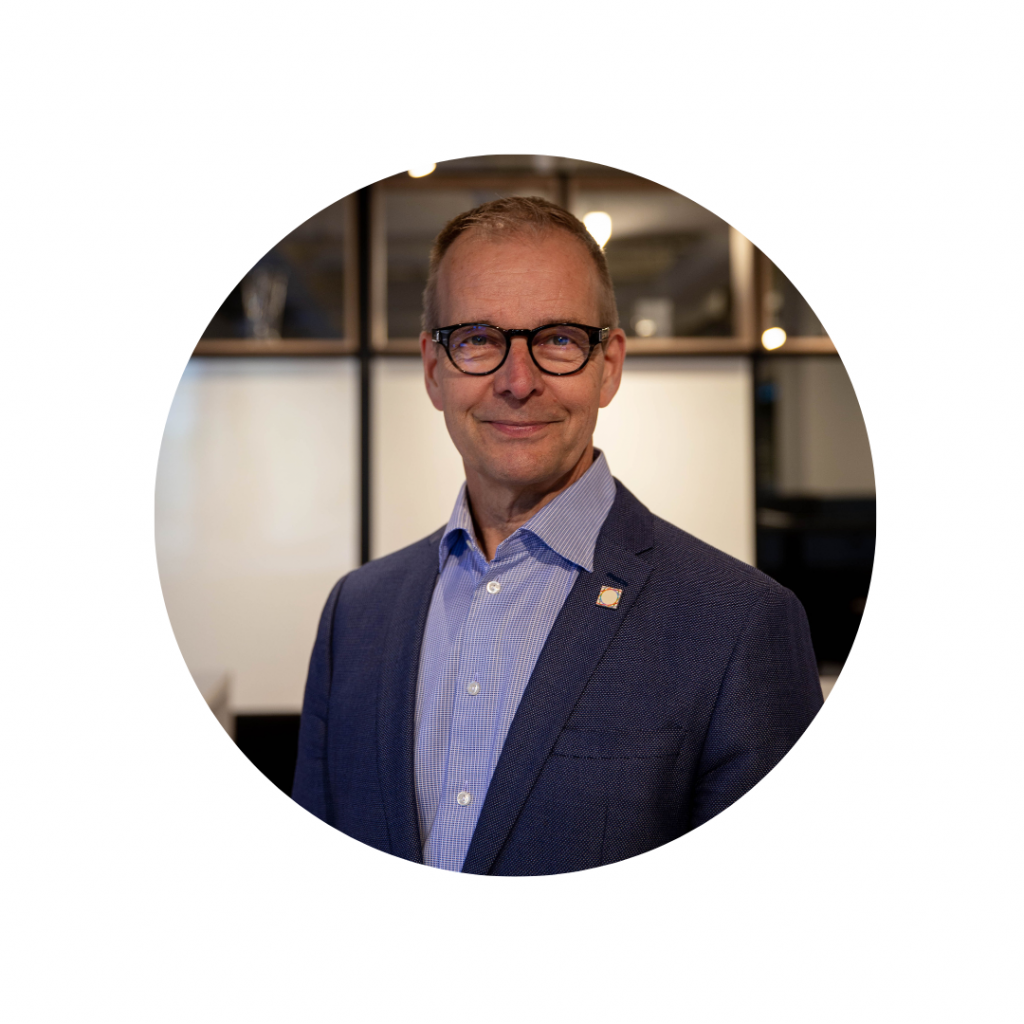
In the final installment of the Ontario Brain Institute’s Your Brain Health public talk series, ‘Precision Medicine: the Future of Brain Health’ explores the current landscape and future potential for personalized treatment in neurodevelopmental disorders, concussion care, and youth mental health. Moderated by OBI President and Scientific Director Dr. Tom Mikkelsen, the talk focused on the research of the three panelists and how they are working to improve diagnosis and care for both the short and long term.
As the discussion began, Drs. Azadeh Kushki, Andrée-Anne Ledoux, and Peter Szatmari set the groundwork for what precision medicine looks like within their respective research fields. What’s so impressive with precision medicine is how specific the research gets in attempting to treat an individual. Dr. Szatmari opened with an overview of his research within the youth mental health space, explaining that research and care often chooses an intervention for mental health based on a diagnosis. This works “reasonably well, but roughly 40% of children in each of these categories won’t respond to first line evidence-based treatments,” says Dr. Szatmari. The concept of precision mental health is understanding the personal characteristics we can leverage for each individual child in order to improve the percentage of good outcomes for these children. Dr. Szatmari further explains how the unique differences amongst a group of children who have the same diagnosis (such as attention deficit-hyperactive disorder, depression, or autism) can vary greatly between each individual.
“We need to personalize interventions. We need to do research to find out what will unlock a better outcome based on whatever characteristic they have.”
Dr. Peter Szatmari
Dr. Kushki’s research supporting neurodivergent children deals with a large number of differences within the same brain disorders, further exemplifying how conditions such as autism and ADHD are very broad and multidimensional. Her research delves into understanding these differences at the brain level – differences in brain structure, connections within the brain, and functions of the brain. Instead of looking at the actual label or diagnosis, Dr. Kushki’s research groups children together who share specific characteristics regardless of whether they were impacted by a brain condition. Through this approach to innovative research, they are understanding how the variability of characteristics translates to the different experiences of these children and how they respond to interventions and supports.
“We found groups of kids who had similar brain patterns – this could be similar brain structure, features, function, or connectivity – and then we looked to see if these groups of similar characteristics of kids shared diagnostic labels. And the answer was no. We actually had kids with and without diagnoses of neurodevelopmental conditions in those different groups.”
Within the concussion care space, Dr. Ledoux is helping to lead the advancements in precision health as it is currently in its infancy. There are many challenges associated with concussion precision medicine, and Dr. Ledoux explains the complexities behind finding different identifying markers due to the differences in how individuals get injured. The research that Dr. Ledoux is involved with at the Children’s Hospital of Eastern Ontario (CHEO) conducted a large Canada-wide study which resulted in the establishment of criteria used to assess those at risk for persistent post-concussive symptoms.
“The accuracy is only 68% and we need to start doing better. I really think with big data and precision medicine we will be able to capture those biomarkers and those psychosocial markers to be able to add into that same algorithm to better predict health outcomes.”
Dr. Andree-Ann Ledoux
When the panel opened up audience questions, there was an interest surrounding how wearable devices can assist in precisely identifying unique biomarkers for personalized care plans. Dr. Kushki explained that wearables, which are any sort of device that can be worn by the body and remain mobile, collect data and make conclusions about what we are doing.
Another audience member asked how we can begin implementing this precision medicine into other areas of healthcare. Dr. Szatmari says: “Listen. Each child has a story, and we have to listen to that story, and we have to help that child (and that family) construct that story so it starts to make sense. Sometimes listening and collecting all this different information is what we need to make stories with our patients and in that way, we can improve their outcomes, their engagement with treatment, and make sure they benefit from it.”
Although precision medicine is just beginning to yield exciting discoveries, it’s already changing the landscape of both research and treatment for those impacted by brain disorders. OBI and its partners are excited to see what this practice will uncover in the future, and how it will benefit the 1 in 3 individuals impacted by a brain disorder.
Watch OBI’s Public Talk on Precision Medicine on YouTube.
RESOURCES
- Discovery Starts with You: how patient contributions transform health for people with brain disorders
- Brain-CODE: advocacy and support for the needs of individuals with autism and their families
- The Research Journey and the Crucial Role of Patient Engagement: OBI Blog Post
- Growing and Learning: OBI Blog Post
- Holland Bloorview Kids Rehabilitation Hospital
- Hospital for Sick Kids
- CHEO Research Institute
- CAMH Cundill Centre for Children and Youth Depression
If you would like to learn more about other talks and events, please visit our YouTube channel and Events page as well as subscribe to our mailing list!
